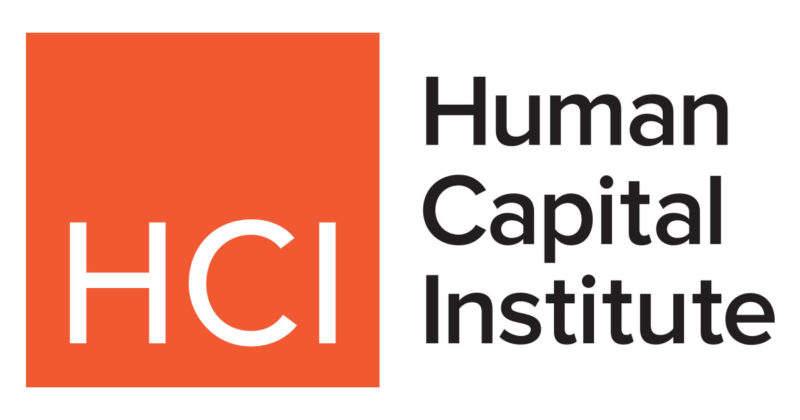 OnDemand Webinar: To Enhance Inclusiveness, Focus on Interpersonal Skills: Moving Beyond Implicit Bias
OnDemand Webinar: To Enhance Inclusiveness, Focus on Interpersonal Skills: Moving Beyond Implicit Bias
Many organizations have put major focus on EDI, and for good reasons. Organizations thrive when they consist of people from different races, genders, ages, behavioral, and thinking styles. A global leadership study found that organizations with above-average diversity are eight times more likely to be in the top 10 percent for financial performance in that business category.
To help adapt more inclusive cultures, organizations have turned to training programs as part of the process. However, a comprehensive meta-analysis has found that most EDI training programs do not meet their goals, mostly because participants resent being told that they are biased, and they resist being asked to adopt new attitudes. The good news is that this same research found that certain types of training are more effective for meeting organizations’ EDI goals: programs that teach interpersonal skills.
In addition to focusing on EDI as the main topic, organizations may be better served by training on skills that help all employees thrive, such as communication, emotional intelligence, resilience, and innovativeness. These programs should be explicitly tied to the organizations’ EDI values and goals. When the focus is placed on developing skills that help teams succeed, those teams will work more effectively and will recognize the value of different perspectives and ideas.
Modern research has discovered unique “cognitive biases” that affect people’s abilities to work effectively, and there are specific biases that affect people’s ability to communicate, show empathy, be resilient, and be innovative. These biases are different from implicit bias, which has been the main thrust of typical EDI training.
During this webinar, we’ll explore:
- What causes EDI training to fall short of intended goals
- How focusing on important interpersonal skills can help meet goals more effectively
- Soft skills that are related to personal and organizational effectiveness
- Cognitive biases that impact personal learning and how to overcome those biases
____________________________________________________________________________________________________________________
Presenters:
Casey Mulqueen, Ph.D., Director of Learning & Development, TRACOM Group
Casey develops learning solutions that reflect the latest science in organizational psychology and neuroscience. He’s created a variety of training programs that incorporate modern research on cognitive biases and how these affect mindset and performance. His expertise in cross-cultural assessment has helped ensure that assessments and programs are valid and reliable in different areas of the world. He has worked with organizations worldwide.
Jana Seijts, Lecturer, Management Communication, Program Founder, Women’s Leadership and Mentoring Program, Ivey Business School at Western University
Jana is an award-winning Lecturer of Management Communications at the Ivey Business School. She received her B.A., B.Ed., and M.A from the University of Toronto and has over 25 years of experience teaching communication courses at Western University, Schulich School of Business-York University, and University of Manitoba. Jana is a best-selling author of business cases, including “When the Twitterverse Turns on You” and “Who Should Take the Fall?” featured in Harvard Business Review, and co-author of A Concise Guide to Technical Communication and IMPACT! A Guide to Business Communication. In 2020, she won the prestigious Western University USC Teaching Award.
 OnDemand Webinar: To Enhance Inclusiveness, Focus on Interpersonal Skills: Moving Beyond Implicit Bias
OnDemand Webinar: To Enhance Inclusiveness, Focus on Interpersonal Skills: Moving Beyond Implicit Bias